Trump advisor weighs in on Apple; says iPhone sales will pick up when trade war with China ends

A couple of factors have created the weak sales environment in China for the Apple iPhone, which led Apple to cut its guidance on fiscal first quarter revenue. The U.S.-China trade war is one piece of the puzzle, as is the backlash to the arrest of Huawei CFO Meng Wanzhou on a U.S. warrant. Several companies in China are fining employees who buy an iPhone, and are subsidizing the purchase of phones made by Huawei or other Chinese manufacturers.
Kevin Hassett, the current Chairman of the Council of Economic Advisers, has a position that makes him one of President Donald Trump's top economic advisors. As noted by Reuters, Hassett says that the slowing Chinese economy will affect all U.S. companies doing business in the country, not just Apple. Hassett agrees with Apple CEO Tim Cook, who said that "trade tensions between the United States and China put additional pressure on their economy." Hassett says that Apple and other U.S. companies operating in China, will see their business return in the country if the U.S. can have a successful negotiation with China. The adviser says that with the Chinese economy slipping due to the U.S. tariffs, it will put pressure on the country to agree to a trade deal with the Trump administration.
"If we have a successful negotiation with China, then Apple sales and everybody else's sales will recover. But right now, China is feeling the blow of our tariffs."-Kevin Hassett, Chairman of the Council of Economic Advisers
The U.S.-China trade war came about because of President Trump's controversial stand on the U.S. trade deficit between the two countries. As of July, the U.S. was running a $222.6 billion trade deficit with China. Instead of seeing this as a healthy sign that U.S. consumers are flush enough to purchase goods from the country, Trump looked at the figures as though they were on the scoreboard at a stadium and took them to be a sign that the U.S. was losing to China in some sort of contest. As a result, the president initiated tariffs that made certain goods imported from China more expensive to U.S. citizens, damping demand for these products. In theory, this should reduce China's trade surplus with the states. In practice, it raises the price that U.S. consumers will pay for certain goods.
Follow us on Google News



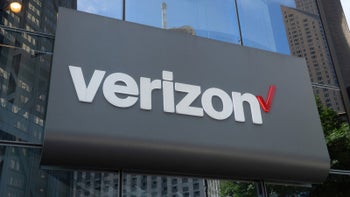

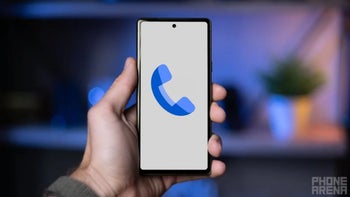
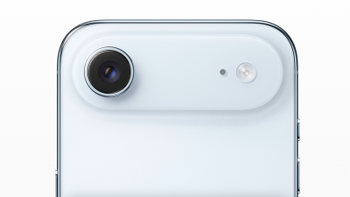

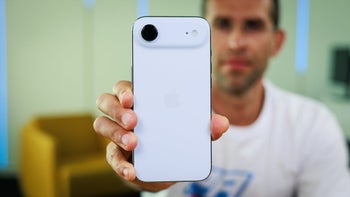
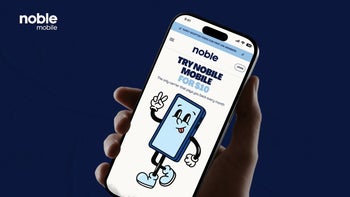
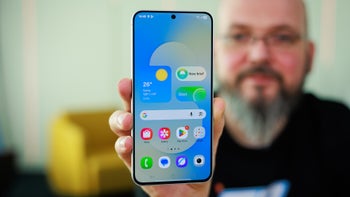


Things that are NOT allowed:
To help keep our community safe and free from spam, we apply temporary limits to newly created accounts: